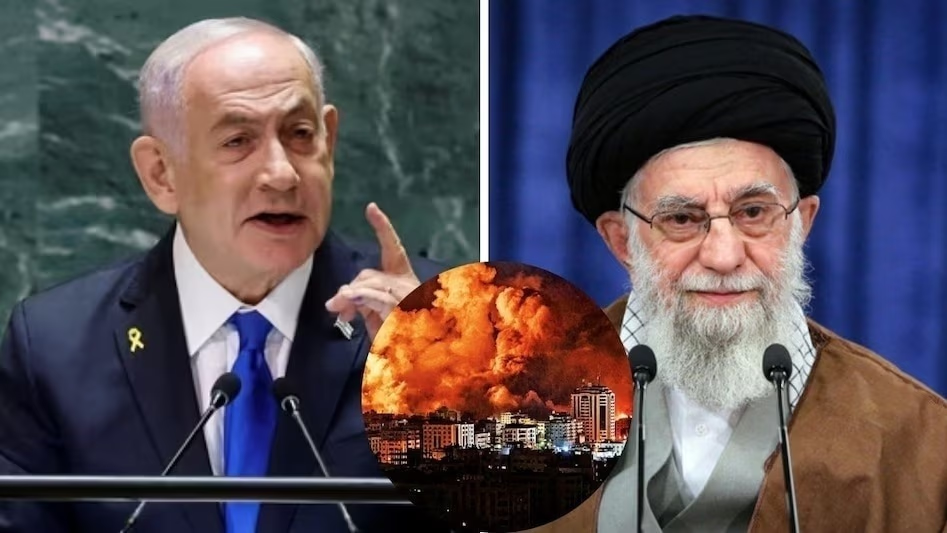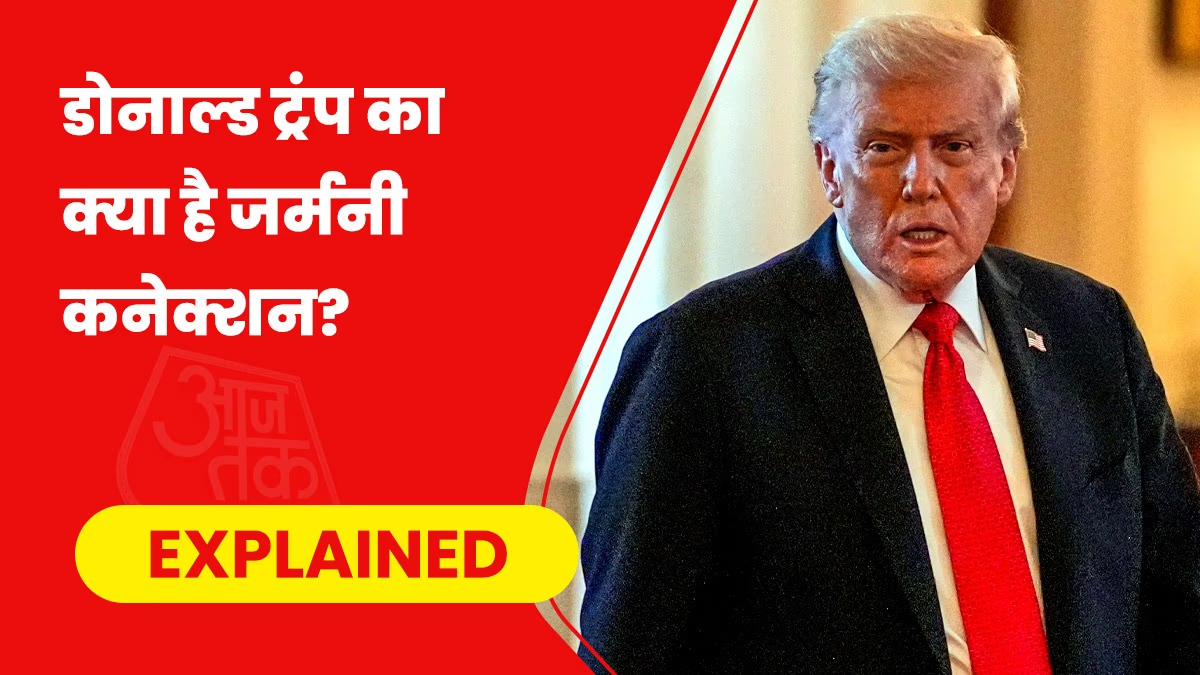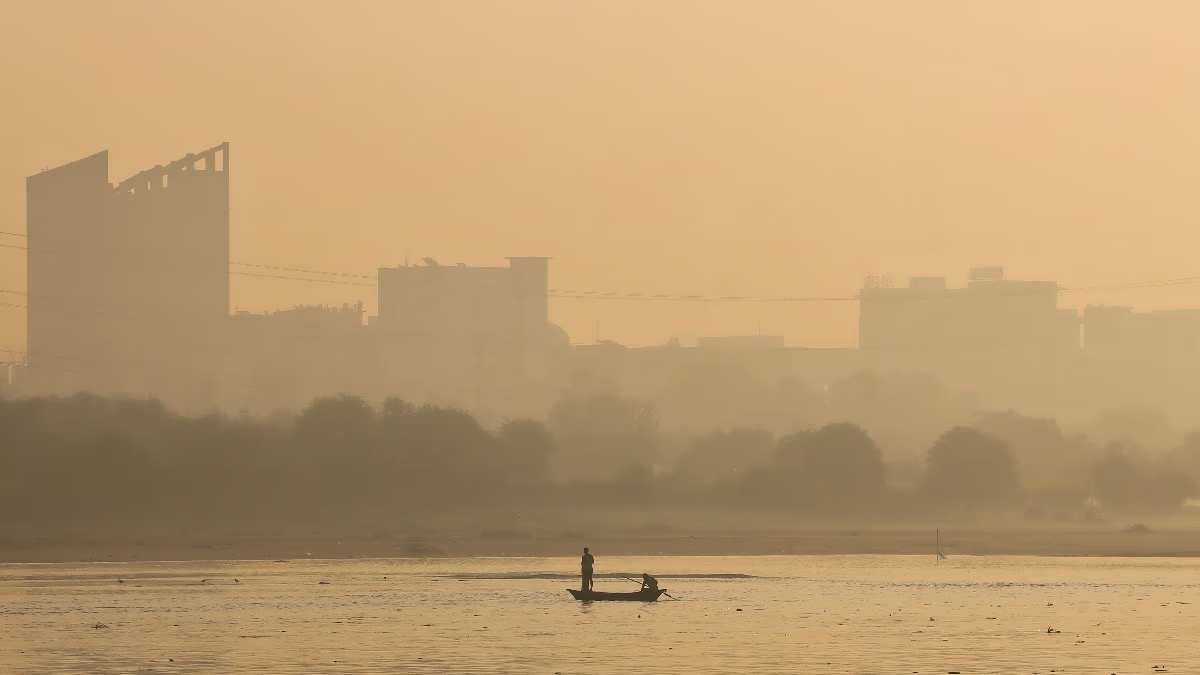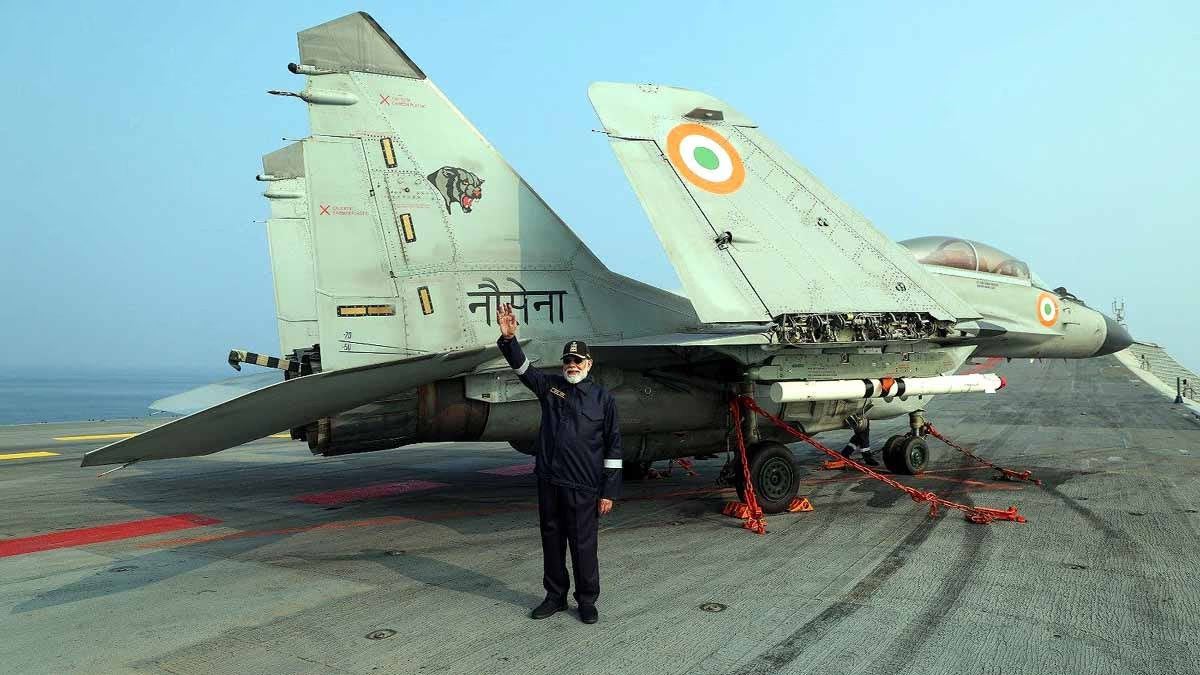The world's eyes are fixed on a pressing question: 'When will Israel strike Iran?' If Israel targets Iran's nuclear sites, it could potentially trigger an unprecedented conflict between the nations. Despite the urgency, Netanyahu's delay in retaliating against Iran and America's stance that Israel isn't listening to them have left experts wary of his 'Iran Plan.'
On October 1, Iran launched an attack on Israel, and in response, Israel promised firm retaliation. The world's concern is palpable, with fears that an Israeli offensive could escalate into a wider conflict in the Middle East. Yet, despite the threat, Israel remains restrained, warning Iran of an unforgettable response. Why is Israel taking so long to retaliate? To grasp this, we must explore Israel's possible strategies.
Is Israel preparing to target Iranian nuclear facilities?
One possibility is that Israel might aim at Iran's military bases. Such an attack could target Iran's air defense systems and missile launch sites. However, this would not suffice to quell Israel’s biggest fear—the development of an Iranian nuclear bomb—against which the US vocally opposes. Netanyahu seems undeterred by others' opinions, leading to questions about whether Israel is contemplating targeting Iran's nuclear sites. This might explain Netanyahu's delay. But the paramount question is whether Israel can actually execute such a plan.
Attacking Iran's nuclear facilities poses a daunting challenge for Israel, as Iran has strategically placed its nuclear sites underground to evade detection by Israel and the US. Finding and destroying them single-handedly would be beyond Israel's capabilities. Even a failed strike might provoke Iran, potentially accelerating its nuclear ambitions.
Israel faces mounting challenges in launching an attack
The hurdles for Israel are now more formidable than ever. While the US opposes an attack, Arab nations have warned Israel not to traverse their airspace during an assault on Iran. Reports indicate that Jordan, UAE, Saudi Arabia, and Qatar have caution the US that their territories shouldn't be used for attacks on Iran, signaling potential retaliation from Iran. To avoid conflict, these nations have prohibited their air and land spaces from being used against Iran. Meanwhile, Iran's foreign minister recently visited Saudi Arabia and Qatar, possibly to discuss regional concerns.
In April, Iran fired over 600 rockets, missiles, and drones at Israel, prompting Jordan and Saudi Arabia, alongside the US, UK, and France, to support Israel. Jordan was instrumental in assisting Israel during Iran's recent assault. The over 2,000 kilometers separating Israel from Iran further complicate a potential aerial attack under current restrictions. Could this explain Netanyahu's delay in responding?
An Israeli MP addresses pressing questions
Following Iran's attack on the 1st, questions arose about Israel's delayed response. Israel, known for swift military action, remains adamant that any retaliation will leave a lasting impression on Iran. An Israeli MP, who is part of the parliament’s defense and foreign affairs committee, addressed key concerns, stating that Israel has the sovereign right to self-defense and will ensure the safety of its citizens. When asked if US opposition is causing delays, the MP reiterated their commitment to defense, underscoring that no potential targets, including Iranian nuclear sites, are off the table.
Ismail Qaani detained on suspicion of treason
Could Israel target Iran's top echelons, given the regime's persistent warnings to deter such maneuvers? Israel has previously demonstrated its capability by eliminating top leaders, like the Hamas chief during an incursion into Iran.
A revelation has taken the world by surprise. In July, Israel reportedly took out Hamas leader Ismail Haniyeh, and on September 27, Hezbollah chief Hassan Nasrallah was killed. Although these leaders were notably secretive, it appears Israel had precise intelligence. Now, reports suggest Iran has detained Ismail Qaani, the top commander of its Quds Force, suspecting high-level treachery exposed their positions to Israel. Following Nasrallah’s successor, Saffiedine, being targeted in Beirut by Israeli jets, Qaani's whereabouts remained unknown for days.
Could Israeli spies be omnipresent?
Speculation arose that Qaani might have perished alongside Saffiedine. However, recent updates confirm Qaani is alive and detained in Tehran, undergoing intense interrogation over Israeli ties. This evidence indicates Israel's espionage reach extends globally, infiltrating even Iranian military ranks. The overarching question remains: will Israel strike at the heart of Iran’s power structures as part of its 'unforgettable revanche?'
Looking at Israel's pattern of neutralizing its foes unveils much. Following a Hamas attack last year, Israel took down its leader and later eliminated a prominent figure from Iran’s most potent proxy group. The chain suggests Iran might be next, leveraging multiple proxy factions against Israel. Haniyeh's assassination deep inside Tehran's supposedly secure zones exposed Israel's infiltration depth and highlighted Iran’s vulnerability, as evidenced by high treason charges against Quds Force commander Qaani.
Final maneuver: Ismail Qaani changes location
Sky News Arabia, citing a source, reports that 67-year-old Brigadier General Ismail Qaani, following intense questioning, was hospitalized with undisclosed status. Spotted last in Beirut, Lebanon's capital, Iran began suspecting its top general upon Israel targeting Saffiedine, Nasrallah's intended successor. Just as Saffiedine arrived at a site, Israeli jets bombarded it thoroughly. Initially slated to join Saffiedine, Qaani's decision to withdraw last-minute raised suspicions of Israeli collusion. Iran now seeks answers to this perplexing issue.
While global fears of Israel executing political assassinations in Iran persist, Israel accuses Iran of inciting Arab populations within its borders, creating a facade for warfare on multiple fronts.




